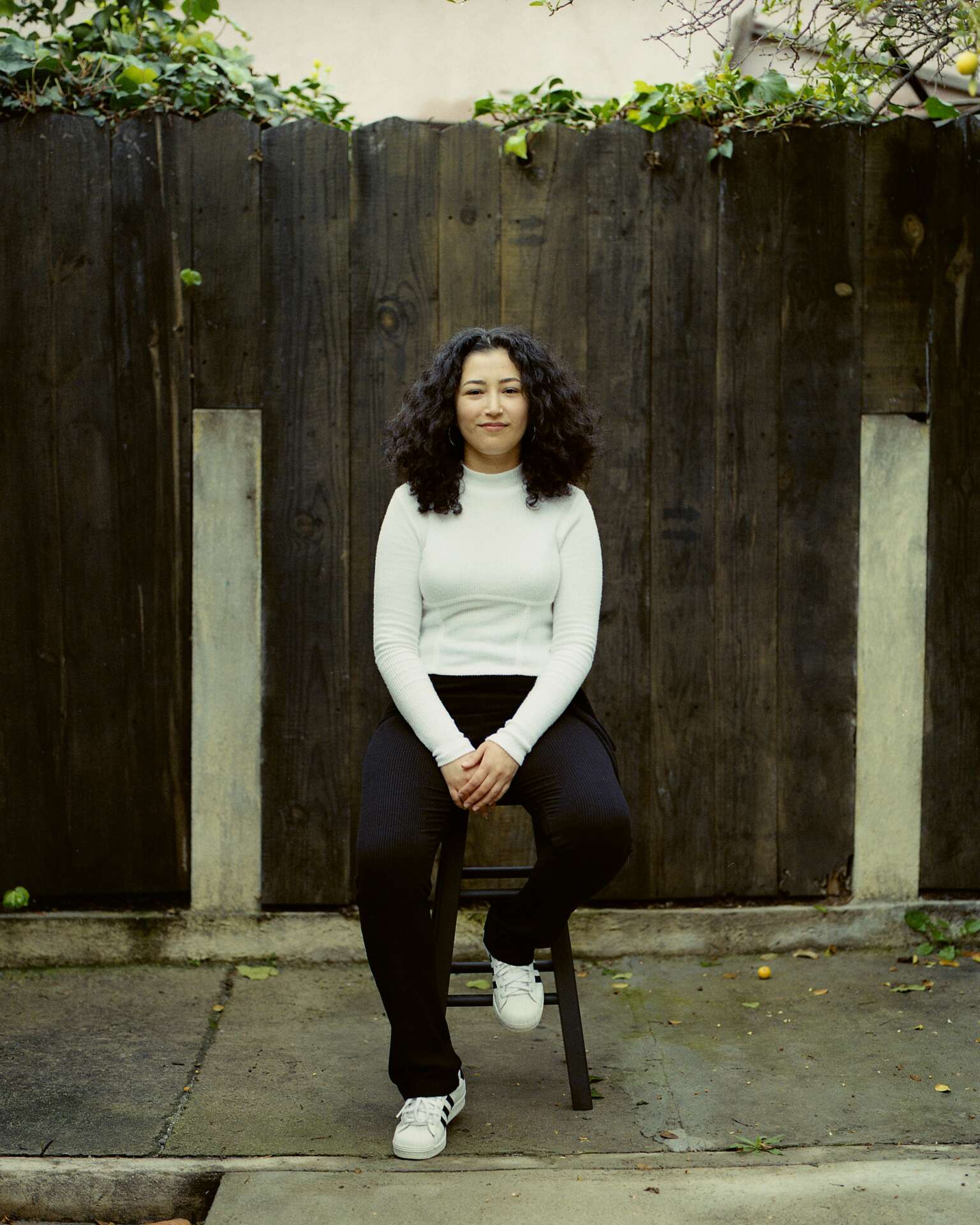We were lucky to catch up with Noemi Fernandez recently and have shared our conversation below.
Noemi, thanks for joining us, excited to have you contributing your stories and insights. We’d love to hear about how you went about setting up your own practice and if you have any advice for professionals who might be considering starting their own?
Before I get into the steps I took, I want to start at the beginning. One of my long-term goals in graduate school was to eventually start my own private practice. At the time, it seemed like a goal that was far into the future because I still needed to finish years of graduate courses, complete the 3,200 clinical hours post-graduate school, and pass two rigorous ethical and clinical exams, to obtain my license. Needless to say, my attention was elsewhere and I had no idea when or how it would happen. Fast forward five years into my career, I found myself burned out and feeling quite disheartened. I was grieving. The position I had taken on turned out to be different from what I had envisioned and it started having a negative impact on my mental health. It started a war deep in my spirit. I never could’ve predicted that the start of my practice would be born out of necessity and desire to restore equilibrium in my life. They say the channels of grief and joy are one and so now I am able to accept this as a necessary beginning to an exciting long-term goal.
My grief and having limited resources (which also caused grief) were key challenges. In a time of need and uncertainty, I had few resources and it made things much more difficult. I needed support in taking an enormous leap of faith. So what steps did I take? I spoke in length about it with my therapist. She helped me visualize. I reached out to the few colleagues I knew had experience in private practice (shout to my friend Lillian Farzan, LMFT and Dr. Rabinovitch) to pick their brain and explore my options. I did a lot of research on Google and gathered all the business resources I could find. This included reading a ton of articles and attending business webinars to understand the specific business-related steps (applying for business licenses, establishing a business entity, applying for federal tax identification number, etc.) I needed to establish my virtual-only therapy practice.
In the backdrop of being overworked at my job, feeling demoralized, and fearing taking a leap of faith was the COVID-19 pandemic. These have been scary and uncertain times. However, the pandemic helped in a major way, because most services were virtual, which meant I didn’t need to figure out an office space, which saved me money. However, I don’t want to minimize how difficult it was to make this decision. It was extremely uncomfortable to leave a union-protected position with great income, benefits, pension and 401(k) at such an uncertain time. I had worked so hard to achieve this. I’m sure other children of immigrants will feel this. We’re encouraged by our parents to strive for this exact thing and to leave that to start a business, which may or may not succeed? That’s a big risk! However, a part of me felt certain that on the other side of this, I could realize emotional safety, flexibility, independence, and peace, which to me is the ultimate freedom. Those things were worth pursuing to me. Holding space for people’s fears and grief is not an easy job, and being in a position to be able to take control and prioritize my own mental health was absolutely needed in order to better show up for my clients. I wanted to be able to do my job in peace and not be tangled up in abusive interpersonal dynamics and politics.
I’ve never actually considered whether there’s something in this process that I would’ve done differently. Looking back I am pleased with how I managed everything considering that I wasn’t feeling well mentally/emotionally. I sought support, I did my own research, I confronted my fears, and I prioritized my needs. I did it. I overcame the obstacles and I accomplished a major goal. My advice to any professional thinking about starting their own business includes two things: 1) follow your intuition and 2) get your hands on any resource or support system you can find. If you’re reading this and you need some help, I’ve actually recently started offering consultation calls for young therapist professionals needing additional support and for licensed therapists who are thinking about starting their own practice. Check out my website for more information.
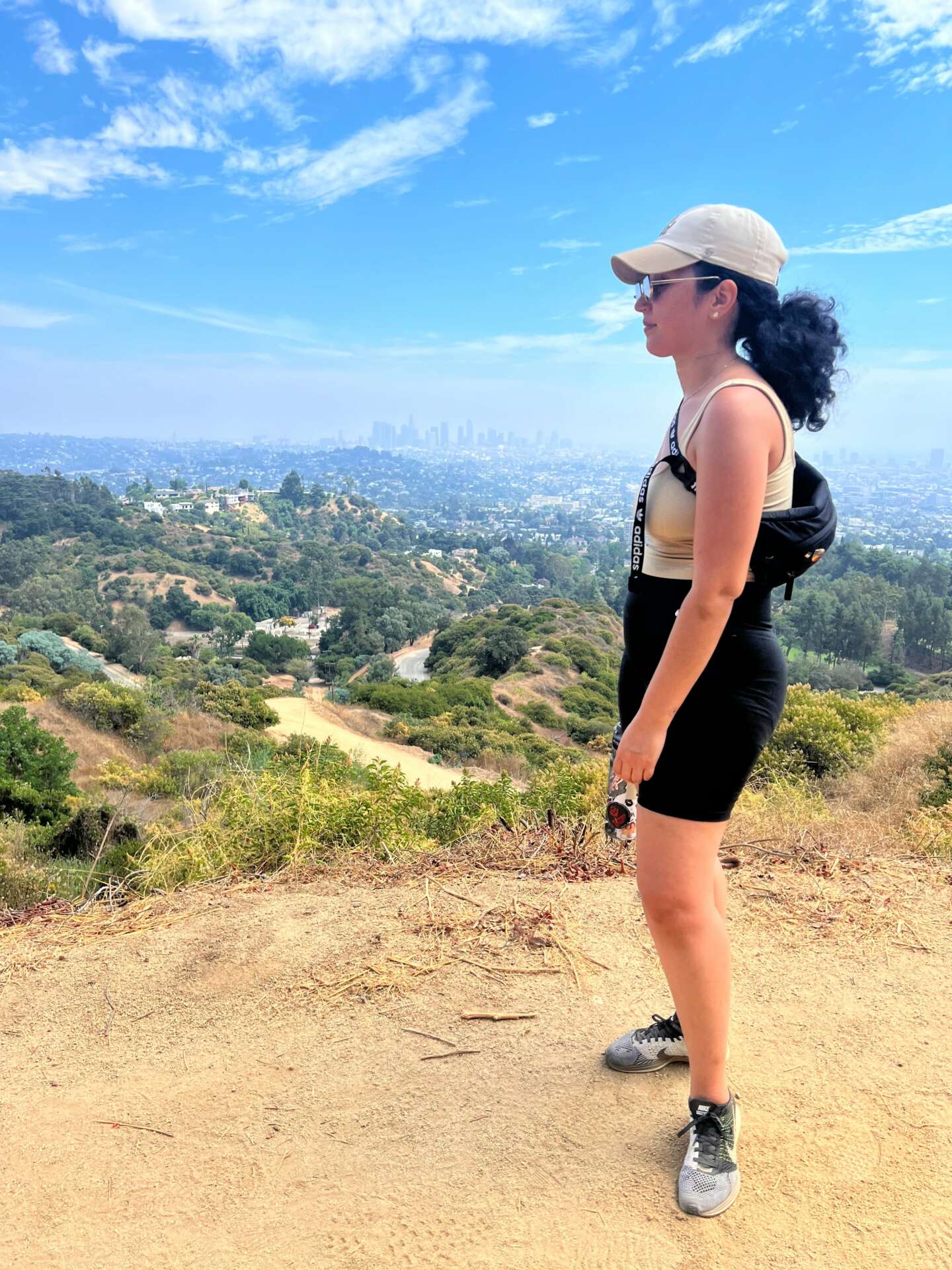
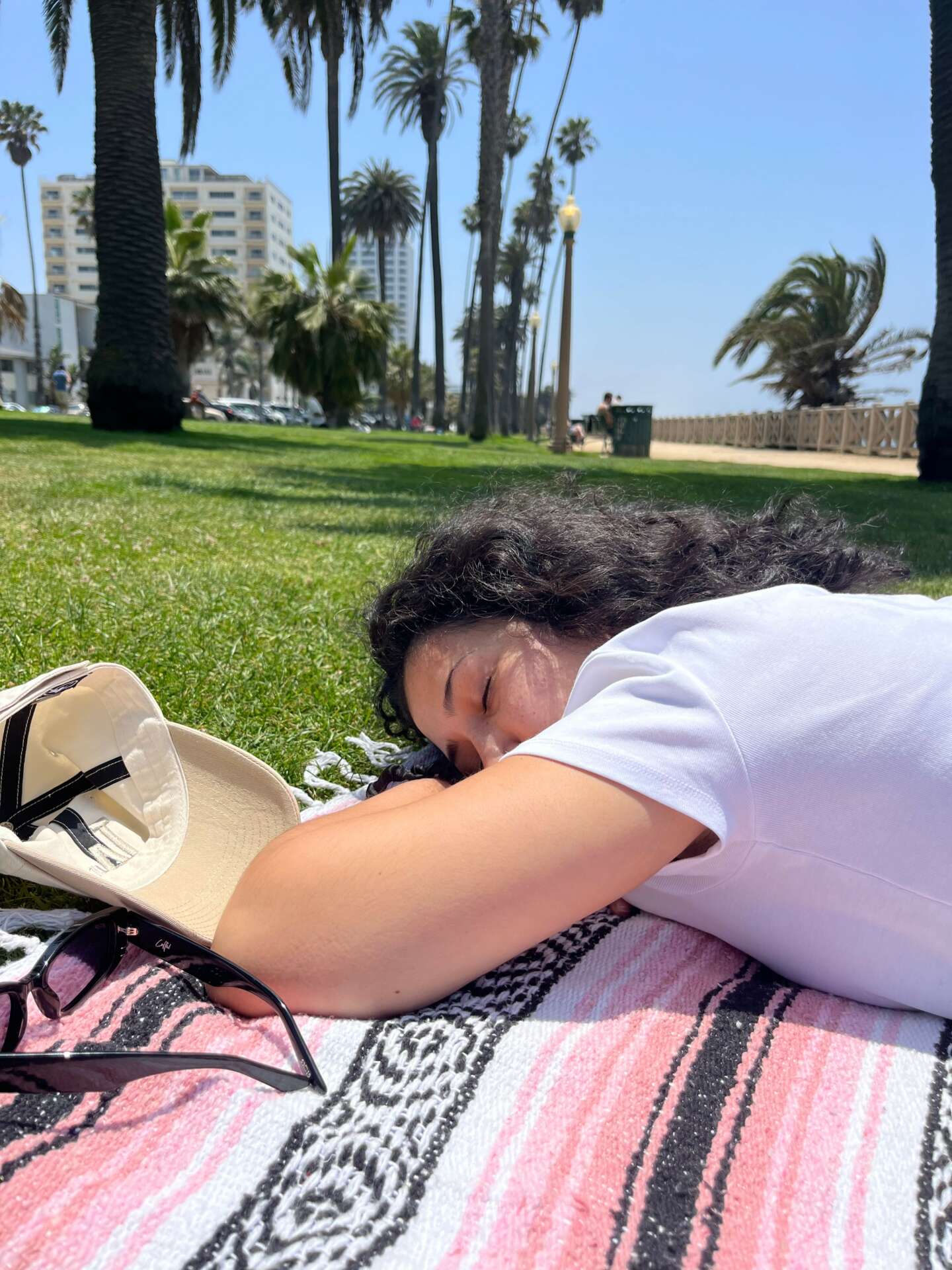
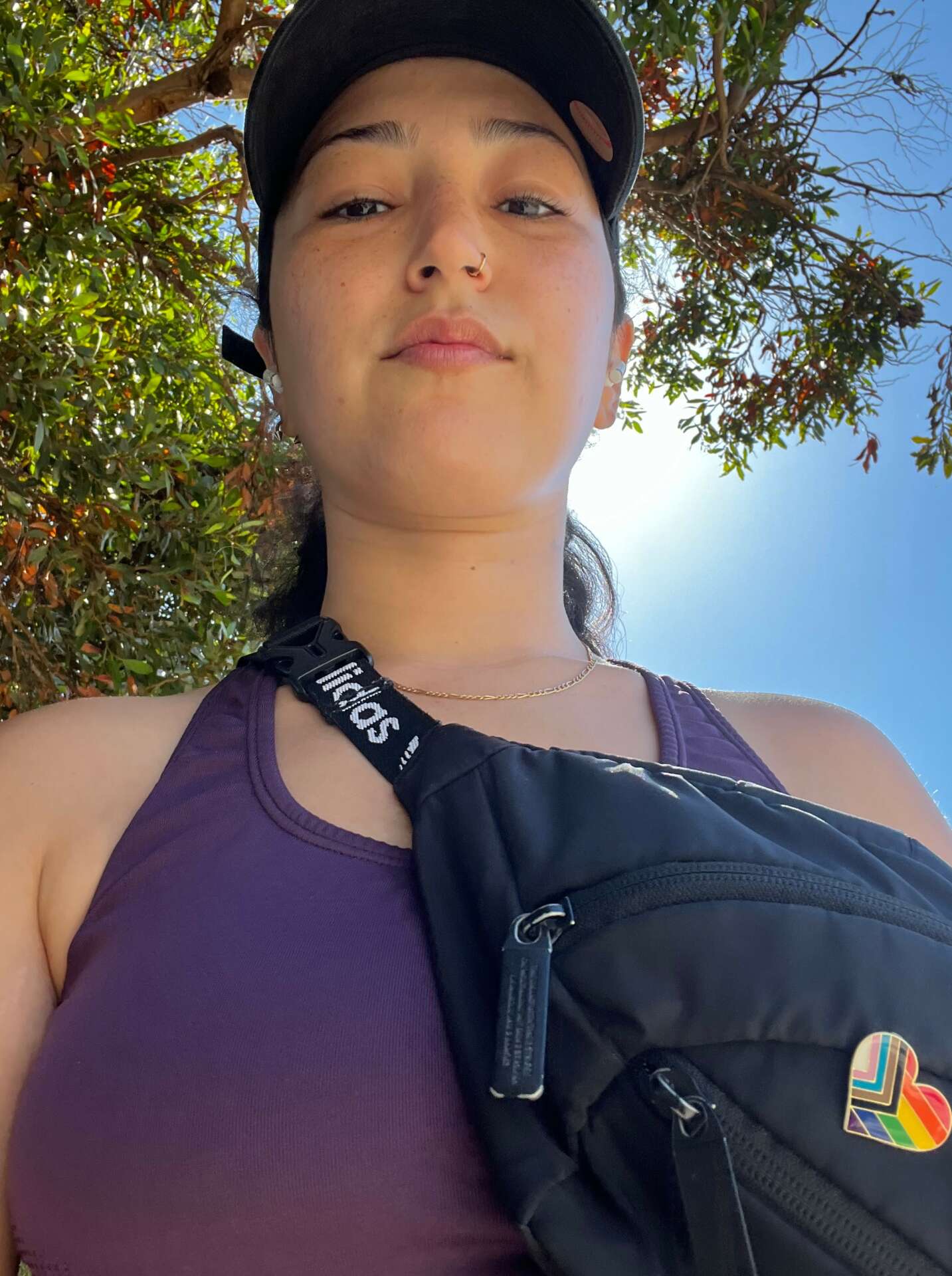
Great, appreciate you sharing that with us. Before we ask you to share more of your insights, can you take a moment to introduce yourself and how you got to where you are today to our readers.
My name is Noemi Fernandez (she/they) and I am the founder of Stillness Therapy. I founded my therapy practice in late June of 2021 and I developed it based on my core values of acceptance, curiosity, duality, fluidity, openness, social justice, transparency, and stillness as a healing practice. I am based in Los Angeles and my private practice is 100% virtual. I am licensed in the states of California, Colorado, and Texas. I also offer psychological evaluations for immigration cases such as Extreme Hardship and VAWA. In addition to the clinical services I provide, I’ve recently started offering consultation calls geared towards young therapist professionals and licensed therapists who need additional support or need help brainstorming.
In my therapy practice, I’m most passionate about empowering women, queer people, and children of immigrants who have felt misunderstood or mistreated. I like to work with people who are ready to start making gradual changes to align their actions and life with their desires, needs, and values. My main goal is to help my clients gain clarity about their dreams, goals, core self and relationships. I enjoy helping my clients learn to hold space for their feelings and needs, shift their perspective, and integrate all parts of themselves. Though part of my approach is science-based, I look at therapy as more of an art, a spiritual and poetic quest. What sets me apart from others is that my practice is truly collaborative via mutual feedback. Receiving feedback from each client helps me learn what’s working for them and what isn’t working, and it helps me learn to adapt and shift as needed.
I strive to have my clients end their time with me feeling more confident and with a deeper understanding of themselves. When I think about every client who has chosen me as their therapist, I feel gratitude. One way that I try to express this gratitude daily is by placing much consideration into my communication with my clients, which includes folks who reach out but I may never speak to again. The language that I use is extremely important to me. Clients deserve to be treated with care and respect, and to have their story carefully considered. Speaking from personal experience, whenever I leave a conversation with someone who took the time to carefully listen, consider my feelings, needs, and perspectives, I feel truly safe and understood. That’s a marvelous feeling that I aim to recreate with each client who works with me.
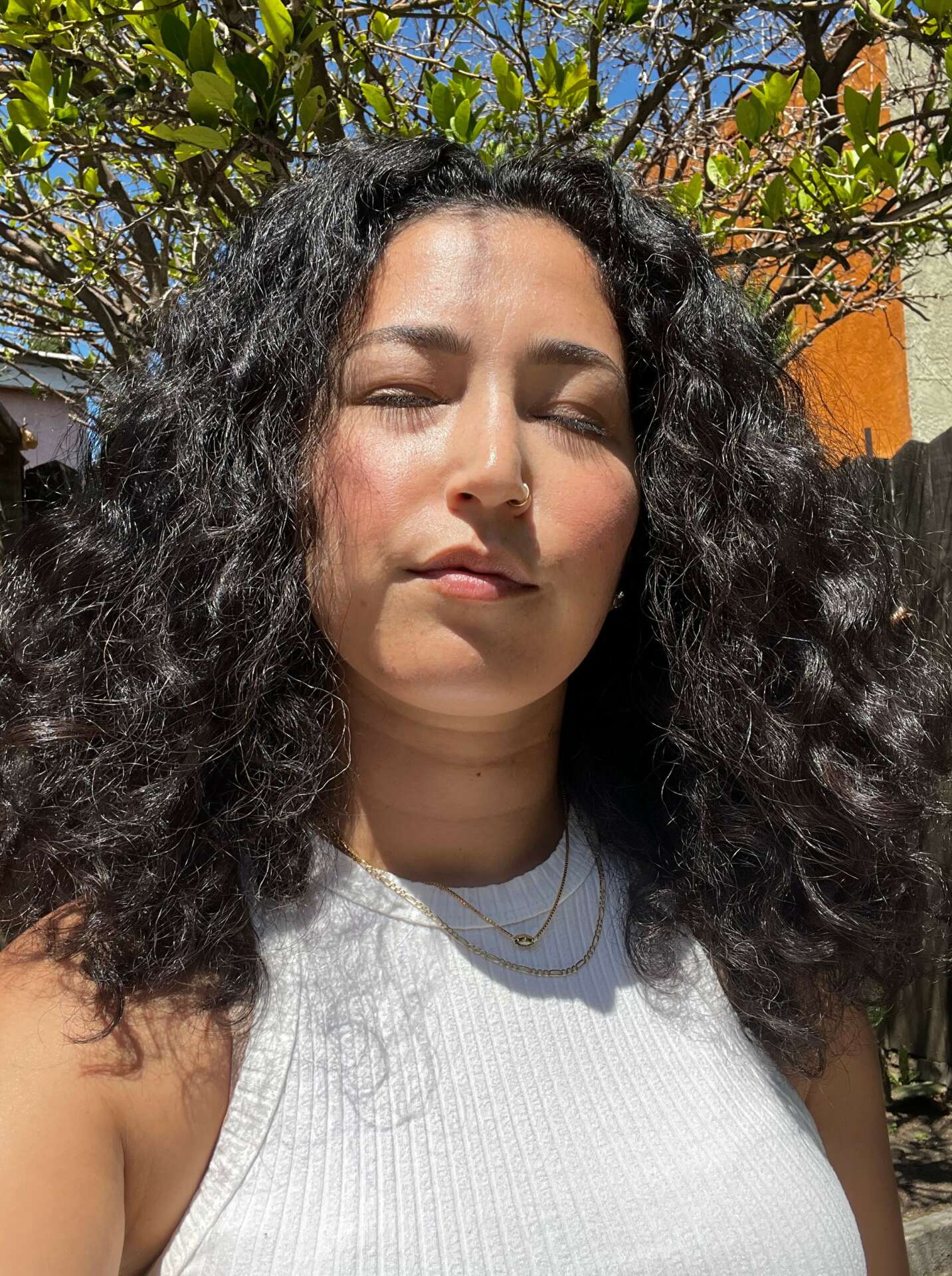
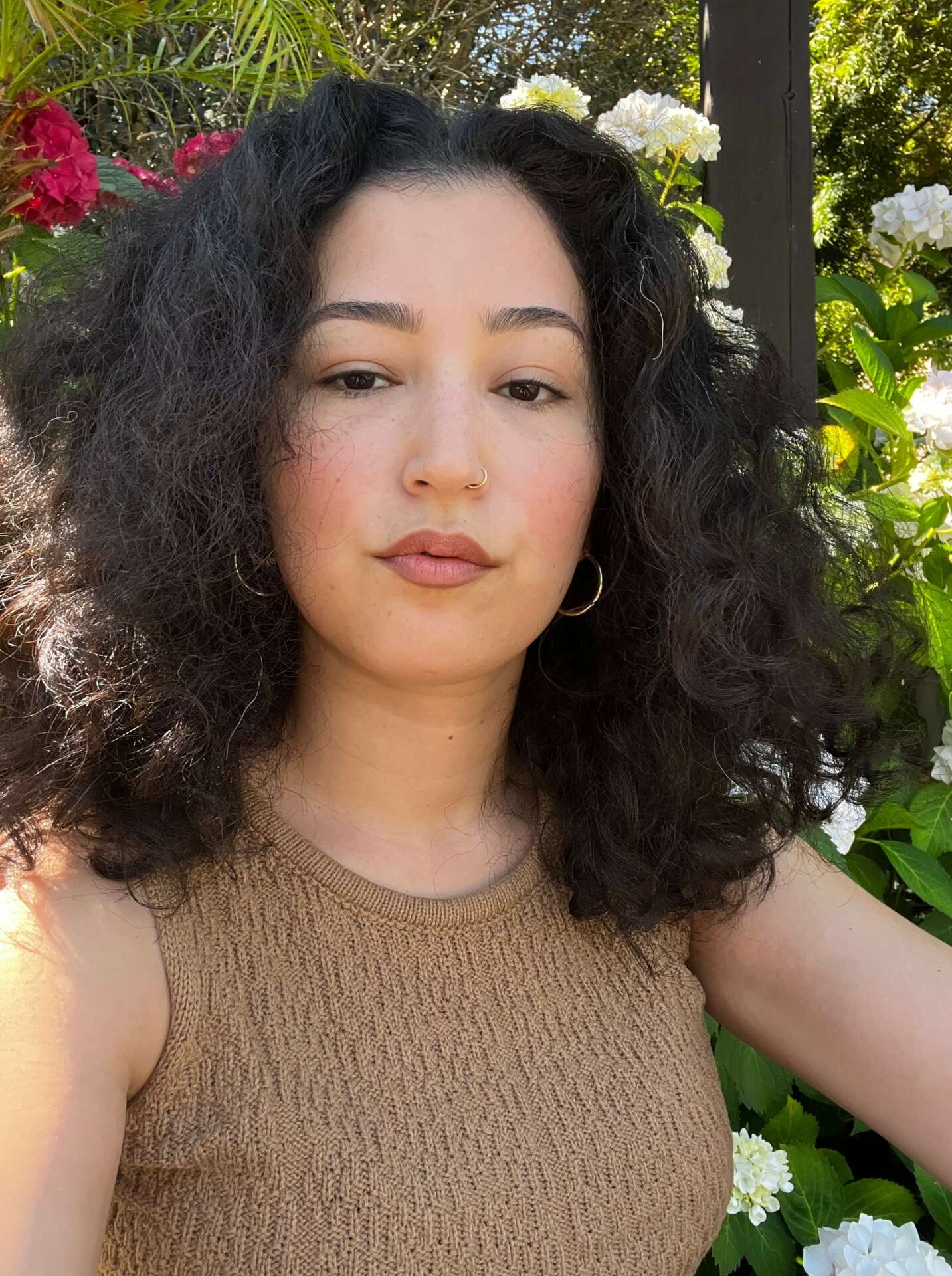
Training and knowledge matter of course, but beyond that what do you think matters most in terms of succeeding in your field?
I think it’s incredibly important for therapists to also do “the work” that we help others do. “The work” I define as self-reflecting, comprehending, discerning, unraveling, and rebuilding ourselves time and time again. This process requires humility. If we haven’t extensively been in therapy, and self-reflected, or grieved our own story, we’re bound to have blindspots about ourselves and others. I think this career requires a keen sense of self-awareness, which includes deeply knowing ourselves – our past, secrets and wounds, dreams and desires, thoughts, feelings, and behaviors. We’re all called to do this work for a reason and we should thoroughly understand this reason. If we haven’t both analyzed and felt our way through our own lives, I don’t believe we can help others do the same. My life and career has changed and improved by attending therapy on/off for close to a decade now. I’ve needed someone to discuss my life with, share my feelings with, and someone to hold space for my grief. My therapist’s approach has been expansive, understanding, and validating and without their expertise and feedback, I would be lost in a fog. Having said that, it’s important to recognize that only you can go on this journey. There will be supporting characters, including your therapist, but no one can do “the work” for you. You must be the one to sit in solitude and reflect. You must be the one to set the time aside and put in the effort into your self-development (individuation). Through the nature of my work, my own therapy experience, and the events that have continued to unfold in my life, I have gained knowledge and I believe this plays a significant role in my ability to hold space for others.
Learning and unlearning are both critical parts of growth – can you share a story of a time when you had to unlearn a lesson?
I’m going to keep this brief because there’s much to say lol. One lesson I had to unlearn was thinking I needed to anticipate other people’s needs and meet other people’s expectations, live my life according to what pleases others. I was taught that pleasing others and (over) considering others was the right thing to do. This intuitively never felt good to me, but I did what I was taught. Through culture, family, and society certain values were ingrained in me, and for a long time, I went along with it, ignored my intuition, and swallowed my feelings, needs, and thoughts. I found myself living for other people and feeling incredibly disconnected from myself and unhappy. In recent years, I’ve made lots of changes within myself and in my relationships to unlearn this. Though difficult at first, because others have challenged me, these changes have brought me relief. Now I live my life in the tune of my own needs and values. I am learning to listen to and trust my intuition – do what feels good to me, not what others think I should do. Over time, it’s felt utterly liberating. The journey is rough, and there’s much to do, but there is a light at the end of the tunnel if we remain true to ourselves and see it through.
Contact Info:
- Website: https://www.stillnesstherapy.net/
- Instagram: https://www.instagram.com/stillnesstherapy/
Image Credits
Image Credit: Sergio Clavel and Vanessa Abad


